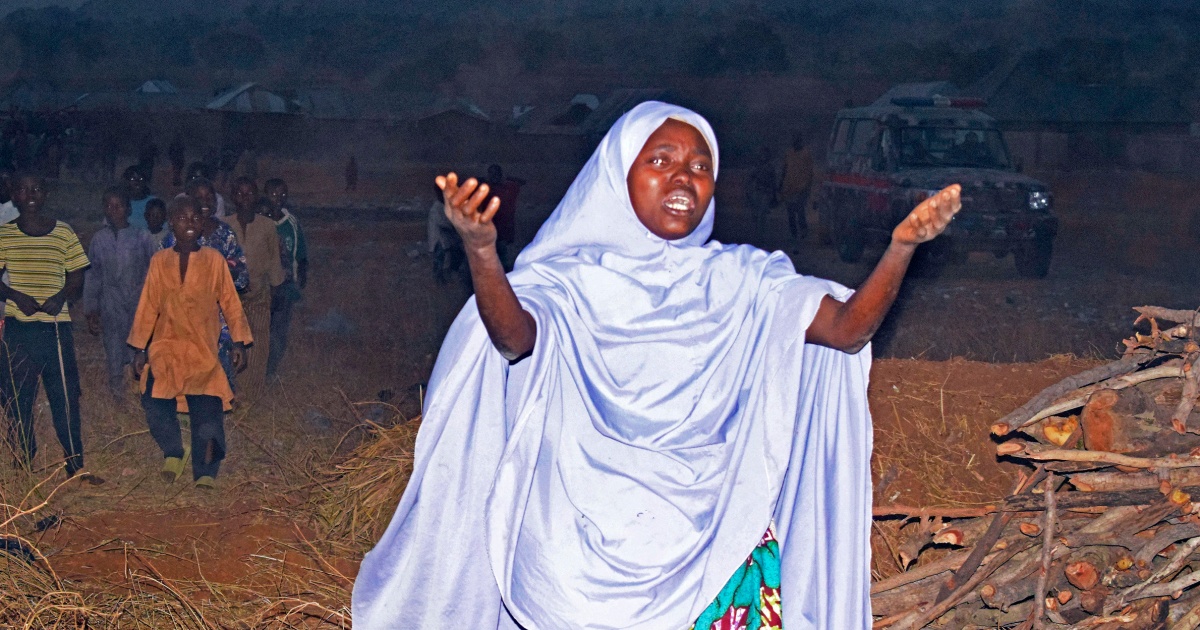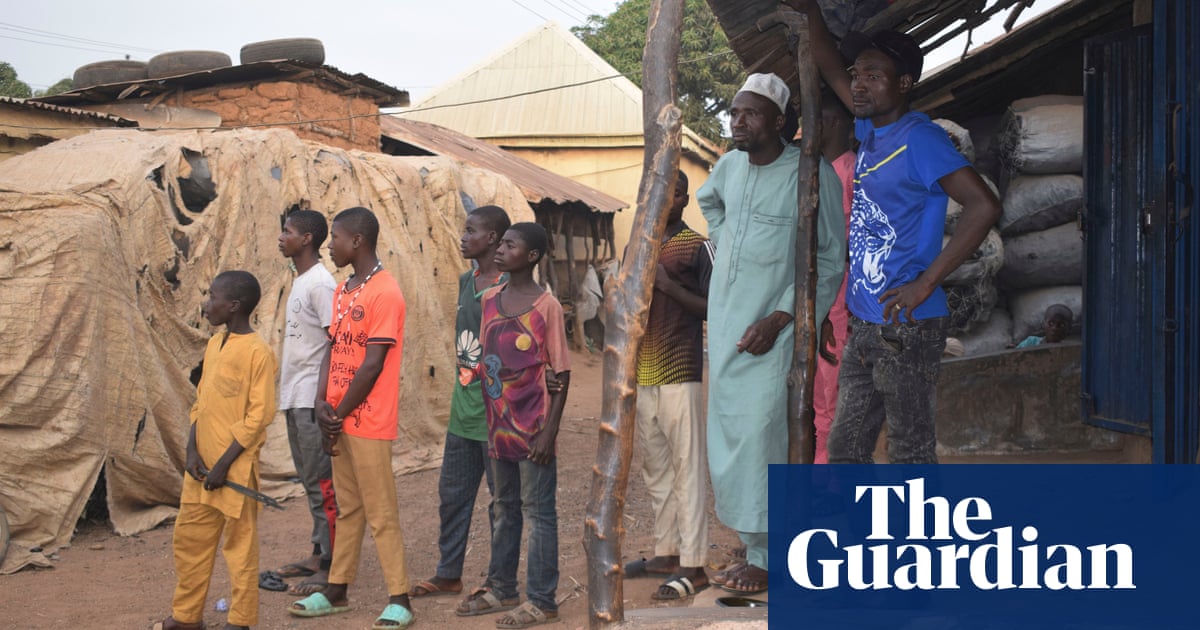In Nigeria’s northwest region, over 280 students were abducted from a primary school in Kaduna State’s Kuriga town. The attackers, yet to be identified, struck early Thursday morning, adding to the growing list of mass abductions plaguing the West African nation. This is the second such abduction in less than a week.

Also Read: Polish Farmers Protest Against EU Rules and Ukrainian Imports
The attack happened as students and pupils were about to commence their school day, illustrating the brazenness of the perpetrators.
Witnesses reported that the gunmen surrounded the government-owned school. One student was shot and rushed to a nearby hospital. The exact number of casualties remains uncertain.
The headteacher of the school, Sani Abdullahi, revealed the reality to authorities, indicating that a 287 students were missing after a headcount.
Governor Uba Sani, upon visiting the town, pledged to spare no effort in ensuring the safe return of every abducted child, vowing to collaborate closely with security agencies in the rescue mission.
This disturbing trend of mass abductions in northern Nigeria has been a challenge since 2014, when the world was shocked by the abduction of over 200 schoolgirls from Chibok village by Islamic extremists.
In recent years, the scourge has intensified, with armed groups targeting schools, villages, and travelers, often demanding exorbitant ransoms for the release of their captives.
Just days before this latest attack, another incident happened in northeastern Nigeria, where militants abducted more than 200 people, predominantly women and children, near Borno state.
The United Nations Office for the Coordination of Humanitarian Affairs (OCHA) reported that armed attackers seized women from displacement camps while they were collecting firewood.
These abductions underline the security crisis gripping Nigeria, claiming the lives of hundreds and displacing millions.
Also Read: Julian Assange: Wikileaks Founder in last-ditch Bid to Avoid US Extradition
Despite promises of action by the government, including the election of President Bola Tinubu, tangible improvements in security remain elusive.
Observers lament the lack of progress in addressing the root causes of violence and ensuring the safety of citizens across the nation.
The recent spate of abductions has reignited fears reminiscent of the infamous Chibok kidnapping, where scores of girls endured captivity at the hands of Boko Haram militants.
Despite pledges from political leaders, including President Bola Tinubu, to stem the tide of violence, tangible progress remains elusive.
The Nigerian populace, disillusioned, demands concrete action to address the security crisis that has claimed countless lives and shattered countless families.
In neighboring Borno state, another tragedy happened as extremists abducted more than 200 individuals, primarily women and children, near a camp for internally displaced persons.
Confusion engulfed the region as conflicting reports surfaced regarding the perpetrators and the exact number of captives.
The United Nations Office for the Coordination of Humanitarian Affairs decried the brazen attack on innocent civilians.
Just days before this latest incident, another horror swept through northeastern Nigeria, where militants abducted over 200 people, predominantly women and children.
Also Read: Tribal Violence in Papua New Guinea Kills Over 60 in Gun Battles






















